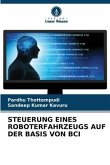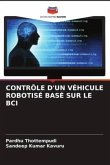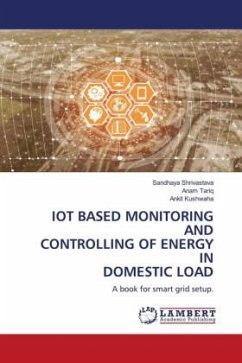Brain Computer Interface is an interfacing device that interacts with external device or computer. The principle of Brain Computer interface is based on Electroencephalography. Under the influence of external stimuli, human brain generates some responses on distinctive areas of the brain. These responses appear in the EEG signals captured from corresponding electrode positions on the scalp of the human subject. The responses appear in the EEG signal as a featurein the time domain, or a feature in the frequency domain depending upon the periodic nature of the stimuli. These features are then detected classified and then control signal is generated by an external device. This enables the subject to directly control an external device from the brain using the signals generated in response to stimulation. Brain-computer Interfcae has shown promising application to aid patients with Locked-in syndrome, Spinal Cord Injury , AcuteInflammatory Demyelinating Polyradiculoneuropathy , Lock-down Syndrome and Amyotrophic Lateral Sclerosis . In this work, a working model of Brain Computer Interface has been developed usingPowerLab 16/35 and ML-138 bio-amplifier.
Hinweis: Dieser Artikel kann nur an eine deutsche Lieferadresse ausgeliefert werden.
Hinweis: Dieser Artikel kann nur an eine deutsche Lieferadresse ausgeliefert werden.








